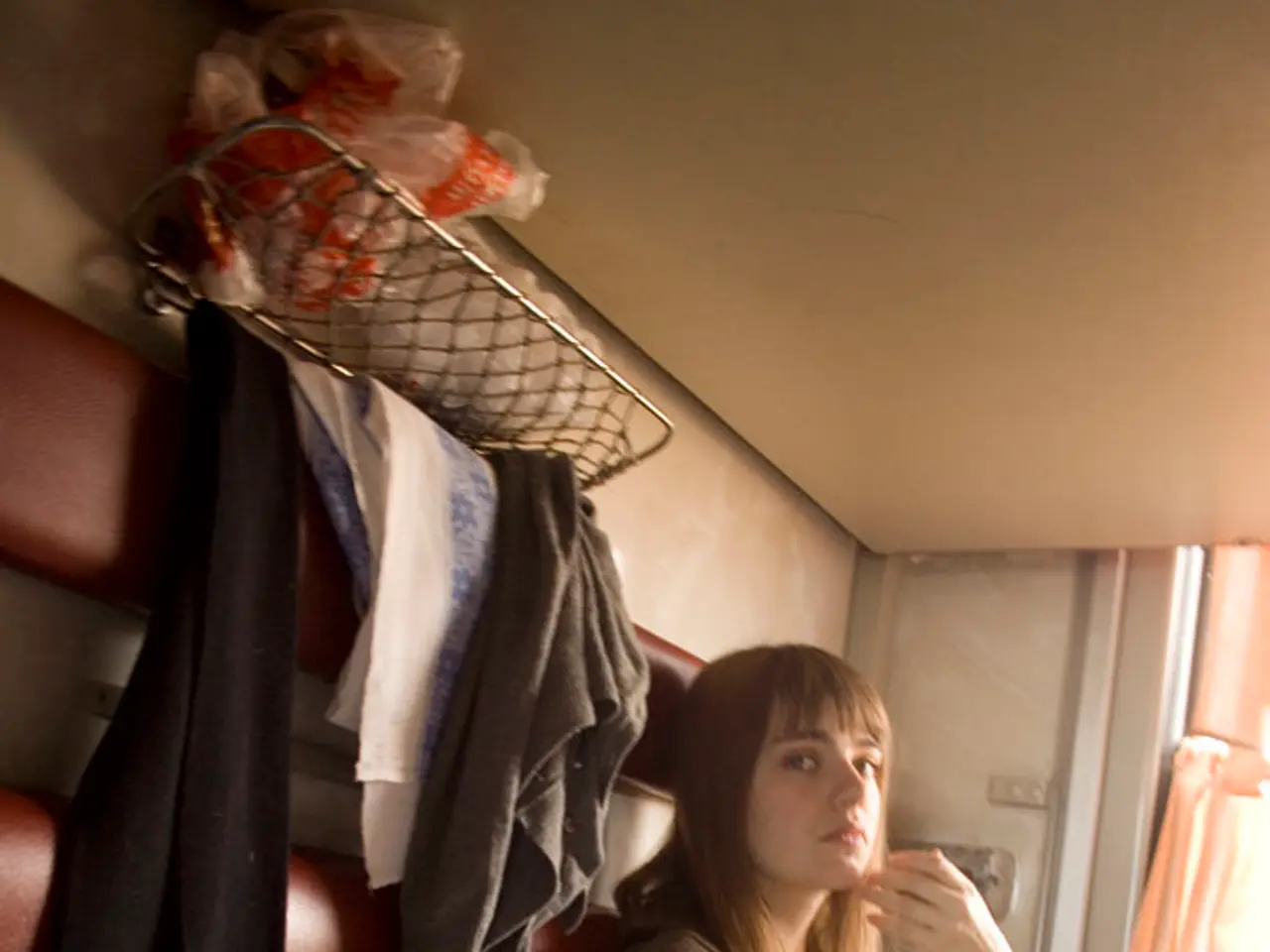Expanded living space in the female residence
In the heart of Düsseldorf, Germany, the International Women's Shelter continues to be a beacon of hope for women seeking refuge from violence. Established in 1989, this shelter has been providing crucial support to women from all over the world for over three decades.
Recently, however, there has been no clear information regarding the specific status or future plans for additional women's shelters in Düsseldorf. A thorough search of current search results has revealed a focus on welfare, political issues related to refugee children, and social support systems, but no direct mention of women's shelters in Düsseldorf or plans to expand them.
One significant related context is the Youth Welfare Office ("Jugendamt") in Germany, which provides extensive support and counseling services for families. However, there's no direct mention of new women's shelters in Düsseldorf in these services.
Another factor is the general increase in welfare spending in Germany, reflecting a broader commitment to social support. Yet, this does not specify shelters for women or Düsseldorf in particular.
Recent municipal discussions related to accepting refugee children, including in Düsseldorf, show political contention but do not link to women's shelter planning.
Given this, the current status of women's shelters in Düsseldorf and future expansion plans are not publicly documented in these recent sources. For the most accurate information, contacting Düsseldorf city social services or local women's aid organizations directly would be recommended.
It's important to note that the International Women's Shelter continues to operate and provide essential services. The shelter, managed by the AWO, currently has six employees and consists of three modern furnished living and sleeping rooms, adding 60 square meters to its space. Trained professionals also provide support to the children at the shelter.
The Director of the International Women's Shelter, Silvia Roeck, attributes the current staffing levels to women having other concerns like childcare and homeschooling. Despite an increase in domestic violence due to COVID-19, the shelter is not experiencing a corresponding increase in demand, according to Roeck. However, she predicts that the pressure on available spaces at the shelter will increase once the pandemic subsides.
Roeck has also identified the need for another women's shelter in Düsseldorf due to the persistent demand for women's support services. She stated that the extension is in fulfillment of the state's mandate to support more women. The AWO facility is involved in existing women's support organizations and networks in Düsseldorf.
In conclusion, while the future of women's shelters in Düsseldorf remains uncertain, the International Women's Shelter continues to play a vital role in helping women rebuild their lives free from violence. For the latest information on potential expansion plans, it is recommended to contact Düsseldorf city social services or local women's aid organizations directly.
The International Women's Shelter, currently under the management of AWO, remains operational and offers essential services for women, even amidst increasing domestic violence due to COVID-19. In addition, the Director of the shelter, Silvia Roeck, has expressed the need for another women's shelter in Düsseldorf due to persistent demand, signifying a potential expansion in the future for women's health and wellness facilities.




